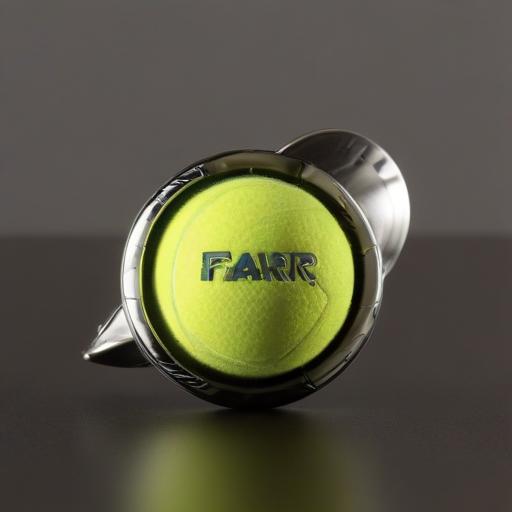Sloane Stephens, the 2017 US Open champion, is helping push a new conversation about family planning in women’s tennis. In a discussion about her decision to freeze her eggs and the way the sport is supporting players who pursue the same path, Stephens describes how moving discussions about fertility from private to everyday topics has changed the way athletes approach their careers and futures.
A landmark initiative from the Women’s Tennis Association, fully funded by Saudi Arabia’s Public Investment Fund, now offers grants for egg and embryo freezing and IVF treatment, along with paid maternity and parental support. It also provides ranking protection for players undergoing egg or embryo freezing, a rule designed to ease the return to competition after starting a family.
Stephens says she’s often the player colleagues come to for guidance, and she’s noticed conversations becoming more open and better informed. She believes that broadening the dialogue around fertility allows players to consider family plans earlier in their careers, which can influence decisions about when to compete, take time off, or return after giving birth.
If she had known earlier what she knows now, Stephens says she might have chosen to freeze her eggs in her early 20s when the quality of eggs tends to be higher. She stresses that younger players can think about this option at 25, 28, or even earlier, creating space to decide when to return to the tour without compromising their long-term plans.
Stephens, now 32, has become a mentor of sorts on the WTA Players’ Council, advocating for more robust support around family planning. She emphasizes that individual bodies respond differently to medications and procedures, so players should have the freedom to proceed at their own pace and to decide how much time to take away from the season without feeling pressured to rush back from injury or other concerns.
Her fellow American, world No. 4 Jessica Pegula, has indicated she’s explored egg-freezing options with medical specialists on the tour. Pegula notes that many players are unsure how the process works and worry about the shrinking window for starting a family as they approach their 30s.
The sport isn’t new to mothers on tour, with players like Naomi Osaka, Elina Svitolina, and Belinda Bencic balancing motherhood with high-level competition. Stephens argues that supporting mothers and future mothers is overdue not just in tennis but across all female sports, and she hopes the new resources on offer will continue to evolve to meet athletes’ needs.
Looking ahead, Stephens believes the newly enhanced support could reshape the tour over the next two decades, helping players plan futures that balance elite competition with family life. She says tennis is leading by example in this space, but there’s still more work to do to ensure every female athlete has access to the resources and protections needed to make informed decisions about their careers and families.
Summary: Sloane Stephens highlights how fertility options and WTA support—including egg/embryo freezing grants, IVF aid, parental leave, and ranking protection—are changing how players think about career and family. The move is part of a broader push to empower female athletes to plan their futures with more flexibility and resources.
What this means for players:
– Increased transparency and conversation around family planning
– Professional protections that ease return-to-play after fertility treatment
– More equitable support for mothers and aspiring mothers across sports
– A potential long-term shift in how athletes balance peak performance with family goals
Positive note: The WTA initiative and Stephens’ advocacy could help more players pursue family dreams without sacrificing their competitive goals, creating a more sustainable path for women in tennis and potentially inspiring similar programs in other sports.
